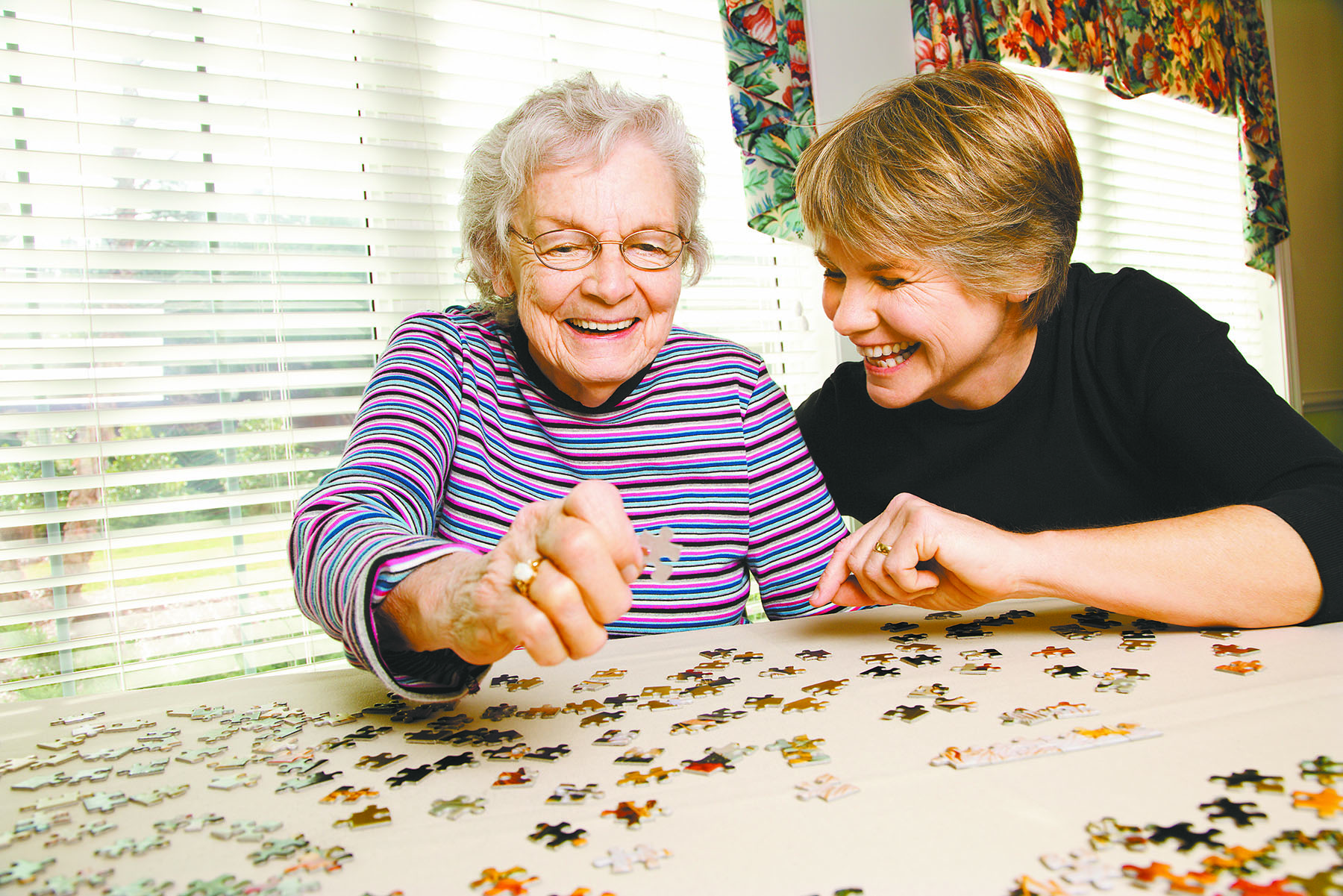AARP Hearing Center

See our time-sensitive Action Alert here!
Of the more than 844,000 family caregivers in Massachusetts, very few are reimbursed for the care they provide. In fact, the estimated value of this care exceeds $11 billion per year, based on data from 2013.
Most family caregivers help their loved ones with “ activities of daily living” or ADLs. These include everyday functions and activities that individuals usually do without help, including bathing, continence, dressing, eating, toileting, and transferring. In addition, many caregivers are also expected to perform complex tasks on a daily basis such as administering multiple medications, providing wound care, and operating medical equipment.
The rising cost of health care, limitations to Medicare and other insurance coverage, the increased number of years that caregivers are providing care, and improved longevity for older Bay State residents have all necessitated that caregivers spend their own money to help pay for various elements of care.
For many caregivers, these out-of-pocket expenses can add up. A recent AARP study, "Family Caregiving and Out-of-Pocket Costs,” showed that caregivers, on average, contribute $6,954 of their own funds to their loved one’s care. If the individual is a caregiver from a distance, that total jumps to $11,923 (read the full report here).
To help family caregivers in the state, AARP Massachusetts has filed legislation that will provide a tax credit for certain expenses incurred by family caregivers.
“An Act to Establish the Family Caregiver Tax Credit,” (HB. 3911), was sponsored by Sen. Linda Dorcena Forry (D-Dorchester) and the late Rep. Chris Walsh.
The Family Caregiver Tax Credit bill would provide a tax credit for certain expenses incurred by a family caregiver for the care and support of a qualifying family member.
Eligible expenditures for the family caregiver include:
- Improvement or alteration to the family caregiver’s primary residence to enable the loved one being cared for to remain mobile, safe, and independent in her/his home and community.
- The purchase or lease of equipment by the family caregiver, as needed to assist the loved one in one or more activities of daily living (ADLs).
- Other expenses, as incurred by the family caregiver, for equipment or services that help in the care of a loved one, such as hiring a home care aide, costs associated with respite or adult day care, personal care attendant costs, and health care equipment and technology costs associated with caregiving.
The loved one receiving care must meet the following three conditions:
- Be age 18 or over;
- Require assistance with at least one activity of daily living (ADL), as certified by a licensed health care practitioner;
- Be a dependent, spouse, parent or other relation by blood or marriage to the family caregiver.
To be eligible for the tax credit, the family caregiver claiming the credit must have a federal adjusted gross income of less than $75,000 for an individual, and less than $150,000 for a couple.
The amount of the credit is equal to 100 percent of the eligible expenses incurred by the taxpayer during the taxable year, with a maximum allowable credit of $1,500.
For more information, resources, and tips for family caregivers, please visit IHeartCaregivers, our Caregiver Resource Center, AARP Fighting for Caregivers, and the AARP Online Caregiver Community.
































































